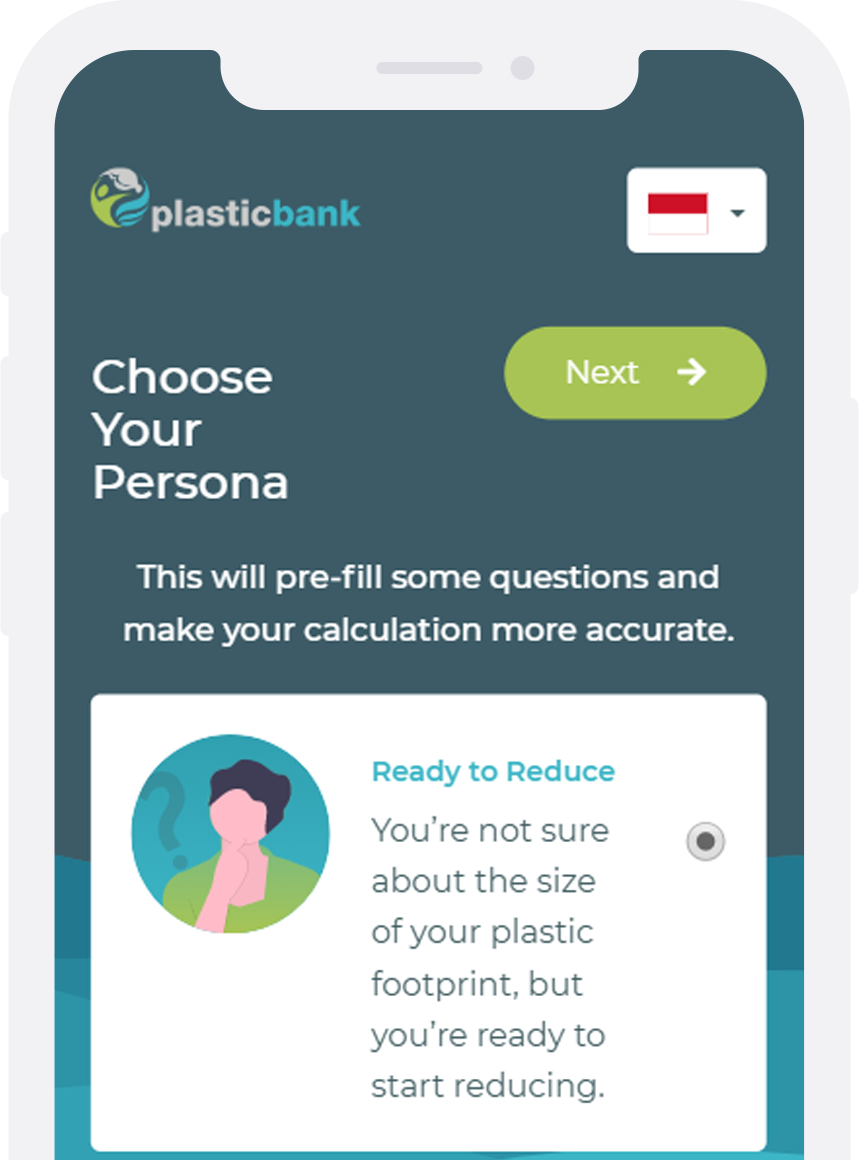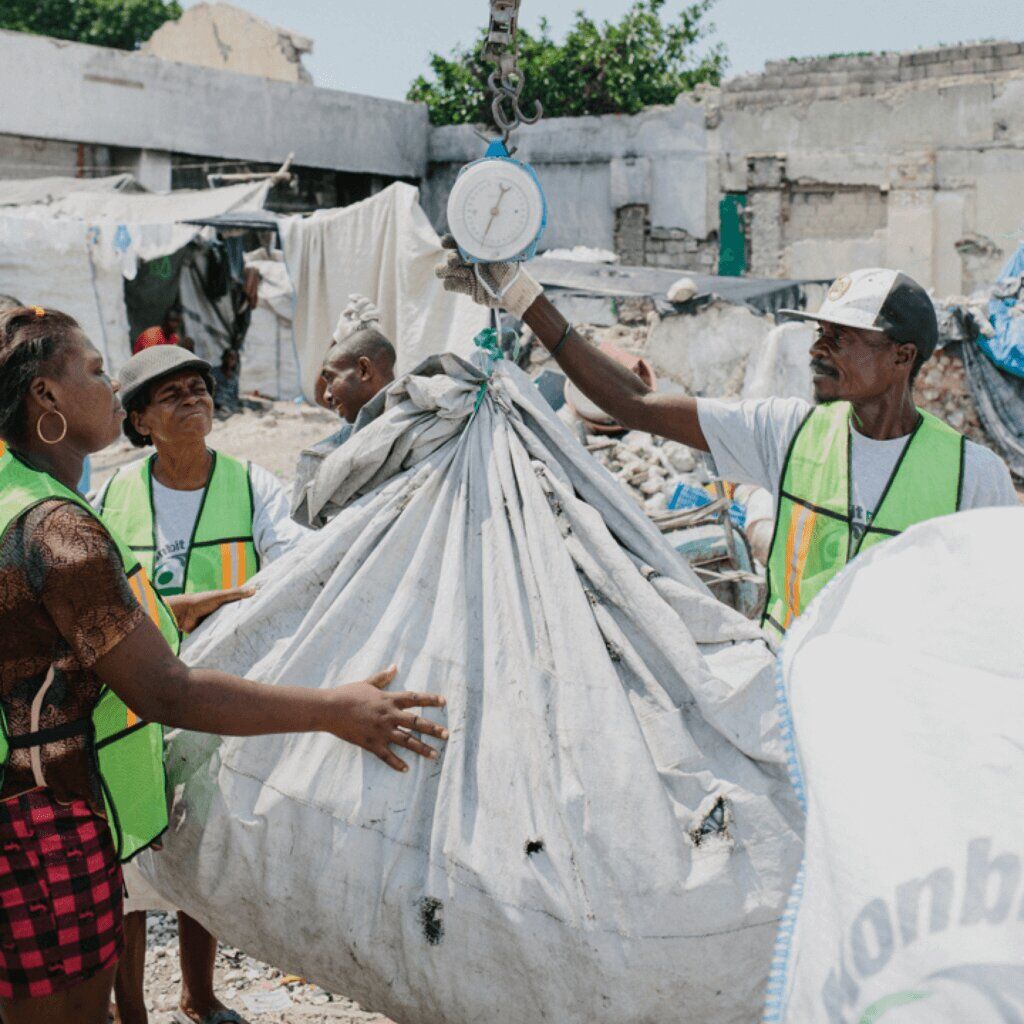Plastic Footprint Calculator
Simply measuring the plastic waste we create will never tell the whole story of our Plastic Footprint.


While lots of media focus is on single use plastics which we all agree are out of control, there is plastic in the supply chain for virtually every product we use. The fish we eat was caught in a plastic net. My stainless steel water bottle likely came inside a plastic bag or was shipped on a pallet wrapped in plastic. Going to the dentist or the doctor uses plastic. Buying a coffee or a cup of tea uses plastic even if we don’t see it. Our computers, phones, and even the plastic used in the construction of our homes will eventually become part of our plastic footprint. Plastic is everywhere.
To create an estimate of your plastic footprint we relied on data from a number of different sources. Building off of the concept of “average” we adjust your footprint up and down based on your declared habits and how they compare to the “average” for your country. The owner of a private vehicle will have a larger plastic footprint than a transit rider or someone with a shared car and different countries have different “average” levels of private vehicle ownership.
In the end, our goal is not to be perfect but to raise your awareness about the amount of plastic you use. You can take steps to reduce your plastic footprint and reduce single use plastics by changing some simple habits and by shopping responsibly from brands and merchants that are working on creating a circular economy with Social Plastic® or by using offsets.
Data Sources
Plastic Usage:
Hannah Ritchie and Max Roser (2019) – “Plastic Pollution”. Published online at OurWorldInData.org. Retrieved from: https://ourworldindata.org/plastic-pollution
Home Size:
- http://demographia.com/db-intlhouse.htm
- http://shrinkthatfootprint.com/how-big-is-a-house
- http://news.bbc.co.uk/2/hi/uk_news/magazine/8201900.stm
Household Size:
Transportation:
Smoking:
- https://ourworldindata.org/smoking
- https://www.nationalgeographic.com/environment/2019/08/cigarettes-story-of-plastic/
- http://www.longwood.edu/cleanva/cigbutthowmany.htm